Wholesale raw cashews are a popular and versatile product that plays a significant role in the global nut industry. Cashews are native to Brazil and were introduced to other regions by Portuguese traders in the 16th century. Today, cashews are grown primarily in tropical climates across Asia, Africa, and South America. Wholesale raw cashews are the primary form in which cashews are traded on the international market. These nuts are known for their distinctive kidney shape, creamy texture, and buttery flavor. They are highly nutritious, being an excellent source of healthy fats, protein, vitamins, and minerals. The wholesale cashew market is significant, with several key players dominating the industry. India and Vietnam are the largest cashew producing countries, accounting for a significant percentage of the global cashew supply. Other notable producers include Nigeria, Ivory Coast, and Brazil. The cashew industry has undergone significant changes over the years in response to increasing global demand. Wholesale raw cashews are primarily used as a key ingredient in the food industry, including the production of snacks, butter, milk, and other cashew-based products. They are also widely consumed as a standalone snack and used in various culinary applications, adding flavor and texture to both sweet and savory dishes. The process of producing and trading wholesale raw cashews involves several stages. Cashew trees bear fruit in the form of cashew apples, which contain a single cashew nut at their base. These cashew apples are harvested and processed to extract the cashew nut. The nut undergoes further processing, including drying and removing its outer shell, to obtain the raw cashew nut that is suitable for wholesale trading. Wholesale raw cashews are traded through both physical and online platforms. Buyers include retailers, manufacturers, and distributors, who purchase cashews in large quantities. The price of wholesale cashews is influenced by various factors, including crop yield, global demand, and market conditions. Sustainability and ethical practices have become increasingly important in the cashew industry.
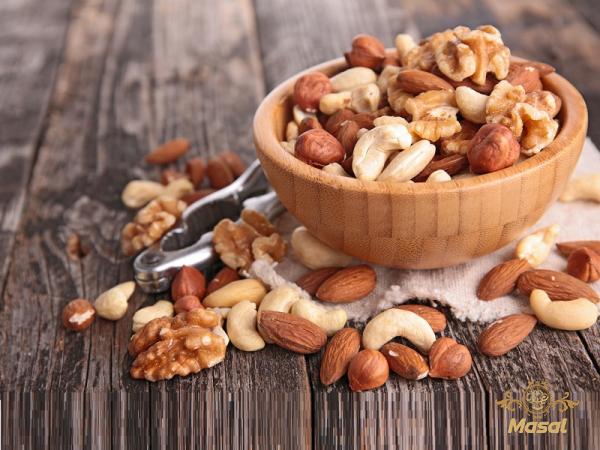
nut
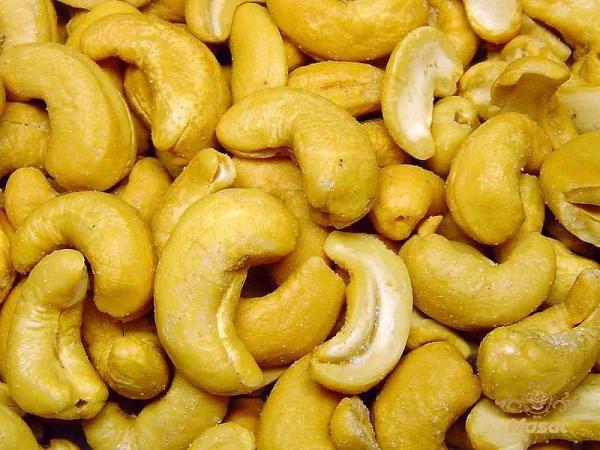 Many wholesale cashew traders and buyers now prioritize working with suppliers who follow sustainable farming practices, ensure fair wages and safe working conditions for their laborers, and invest in community development initiatives. To ensure the quality and safety of wholesale raw cashews, various quality standards and certifications have been established. These standards cover factors such as size, moisture content, and the absence of contaminants. Some of the widely recognized certifications for cashews include organic, fair trade, and food safety certifications. Wholesale raw cashews also face challenges in terms of supply chain management and logistics. Cashews are delicate and prone to spoilage, requiring careful handling and storage. Proper packaging and transportation are essential to maintain the quality and freshness of the nuts during transit. In conclusion, wholesale raw cashews play a vital role in the global nut industry. They are a highly sought-after product due to their nutritional value, versatility, and unique flavor profile. The industry continues to evolve, with sustainability and ethical practices gaining importance. As a result, wholesale cashew buyers and traders are increasingly focused on working with suppliers who meet these criteria. Wholesale Raw Cashews: A Lucrative Business Opportunity 1. Introduction: The wholesale raw cashew market is a lucrative business opportunity for investors and entrepreneurs looking to tap into the growing demand for this versatile nut. With its creamy texture, buttery flavor, and numerous health benefits, raw cashews are in high demand across the globe. This article explores various aspects of the wholesale raw cashew industry, including its market size, production regions, applications, trading, quality standards, sustainability practices, and logistical challenges. 2. Market Size and Demand: The wholesale raw cashew market is thriving, driven by an increasing consumer preference for healthy and natural snacks. According to a report by Grand View Research, the global cashew market is expected to reach $10.2 billion by 2025, with a compound annual growth rate (CAGR) of 6.5% from 2019 to 2025. This growth is driven by factors such as rising health consciousness, increased snacking trends, and the versatile applications of cashews across various industries. 3. Production Regions: The majority of the world’s cashew production comes from countries such as India, Vietnam, Nigeria, Ivory Coast, and Brazil. India is the largest producer, accounting for over half of the world’s cashew output. Vietnam follows closely behind, with its cashew industry experiencing significant growth in recent years.
Many wholesale cashew traders and buyers now prioritize working with suppliers who follow sustainable farming practices, ensure fair wages and safe working conditions for their laborers, and invest in community development initiatives. To ensure the quality and safety of wholesale raw cashews, various quality standards and certifications have been established. These standards cover factors such as size, moisture content, and the absence of contaminants. Some of the widely recognized certifications for cashews include organic, fair trade, and food safety certifications. Wholesale raw cashews also face challenges in terms of supply chain management and logistics. Cashews are delicate and prone to spoilage, requiring careful handling and storage. Proper packaging and transportation are essential to maintain the quality and freshness of the nuts during transit. In conclusion, wholesale raw cashews play a vital role in the global nut industry. They are a highly sought-after product due to their nutritional value, versatility, and unique flavor profile. The industry continues to evolve, with sustainability and ethical practices gaining importance. As a result, wholesale cashew buyers and traders are increasingly focused on working with suppliers who meet these criteria. Wholesale Raw Cashews: A Lucrative Business Opportunity 1. Introduction: The wholesale raw cashew market is a lucrative business opportunity for investors and entrepreneurs looking to tap into the growing demand for this versatile nut. With its creamy texture, buttery flavor, and numerous health benefits, raw cashews are in high demand across the globe. This article explores various aspects of the wholesale raw cashew industry, including its market size, production regions, applications, trading, quality standards, sustainability practices, and logistical challenges. 2. Market Size and Demand: The wholesale raw cashew market is thriving, driven by an increasing consumer preference for healthy and natural snacks. According to a report by Grand View Research, the global cashew market is expected to reach $10.2 billion by 2025, with a compound annual growth rate (CAGR) of 6.5% from 2019 to 2025. This growth is driven by factors such as rising health consciousness, increased snacking trends, and the versatile applications of cashews across various industries. 3. Production Regions: The majority of the world’s cashew production comes from countries such as India, Vietnam, Nigeria, Ivory Coast, and Brazil. India is the largest producer, accounting for over half of the world’s cashew output. Vietnam follows closely behind, with its cashew industry experiencing significant growth in recent years.
Specifications of nut
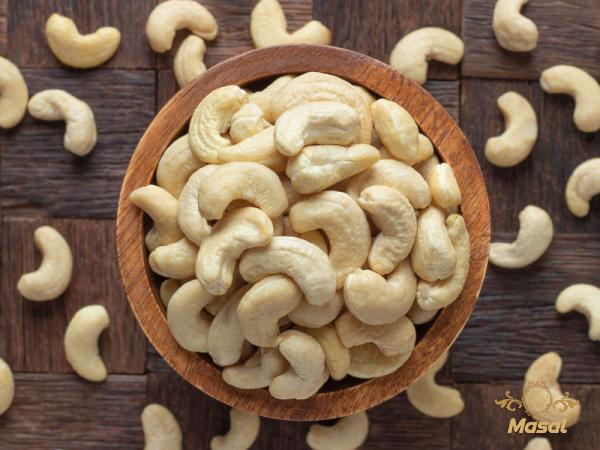 These regions offer favorable climatic conditions for cashew cultivation, ensuring a consistent supply of high-quality raw cashews. 4. Culinary Applications: Wholesale raw cashews are a key ingredient in the food industry, used in the production of a wide range of products. They are commonly used in the manufacturing of snacks, such as cashew nut bars, trail mixes, and roasted cashews. In addition, cashews are a popular choice for dairy alternatives, including cashew milk and cashew-based yogurts. The smooth and creamy texture of cashews also makes them a perfect base for vegan cheese and sauces. Furthermore, cashews are widely used in baking, adding a rich and delicious flavor to cakes, cookies, and other desserts. 5. Bulk Buying and Trading: Wholesale raw cashews are typically purchased in bulk quantities by retailers, manufacturers, and distributors. These buyers source cashews directly from producers or through intermediaries such as brokers or trading companies. The cashew market operates through physical trading platforms, where buyers and sellers negotiate prices and terms. Online platforms have also gained popularity, enabling global trade and connecting buyers and suppliers from different regions. 6. Pricing Factors: The price of wholesale raw cashews is influenced by several factors. One key factor is the crop yield, with fluctuations in production impacting prices. Market demand and supply dynamics play a significant role as well. For instance, an increase in global demand, especially from emerging markets, can lead to price surges. Additional factors such as quality, size, and moisture content also affect pricing. 7. Quality Standards and Certifications: To ensure the quality and safety of wholesale raw cashews, various standards and certifications have been established. The International Organization for Standardization (ISO) sets guidelines on quality requirements, moisture content, size, and packaging. Additionally, organic certifications, such as USDA Organic and European Union Organic, validate that the cashews are produced using environmentally friendly practices. Fair trade certifications, such as Fairtrade International, guarantee that the producers receive fair wages and adhere to ethical sourcing principles. 8. Sustainability Practices: Sustainability and ethical practices are becoming increasingly important in the cashew industry.
These regions offer favorable climatic conditions for cashew cultivation, ensuring a consistent supply of high-quality raw cashews. 4. Culinary Applications: Wholesale raw cashews are a key ingredient in the food industry, used in the production of a wide range of products. They are commonly used in the manufacturing of snacks, such as cashew nut bars, trail mixes, and roasted cashews. In addition, cashews are a popular choice for dairy alternatives, including cashew milk and cashew-based yogurts. The smooth and creamy texture of cashews also makes them a perfect base for vegan cheese and sauces. Furthermore, cashews are widely used in baking, adding a rich and delicious flavor to cakes, cookies, and other desserts. 5. Bulk Buying and Trading: Wholesale raw cashews are typically purchased in bulk quantities by retailers, manufacturers, and distributors. These buyers source cashews directly from producers or through intermediaries such as brokers or trading companies. The cashew market operates through physical trading platforms, where buyers and sellers negotiate prices and terms. Online platforms have also gained popularity, enabling global trade and connecting buyers and suppliers from different regions. 6. Pricing Factors: The price of wholesale raw cashews is influenced by several factors. One key factor is the crop yield, with fluctuations in production impacting prices. Market demand and supply dynamics play a significant role as well. For instance, an increase in global demand, especially from emerging markets, can lead to price surges. Additional factors such as quality, size, and moisture content also affect pricing. 7. Quality Standards and Certifications: To ensure the quality and safety of wholesale raw cashews, various standards and certifications have been established. The International Organization for Standardization (ISO) sets guidelines on quality requirements, moisture content, size, and packaging. Additionally, organic certifications, such as USDA Organic and European Union Organic, validate that the cashews are produced using environmentally friendly practices. Fair trade certifications, such as Fairtrade International, guarantee that the producers receive fair wages and adhere to ethical sourcing principles. 8. Sustainability Practices: Sustainability and ethical practices are becoming increasingly important in the cashew industry.
buy nut
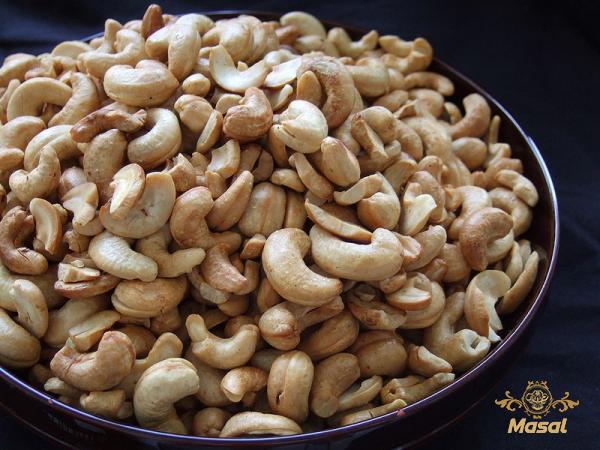 Many wholesale cashew traders and buyers now prioritize working with suppliers who follow sustainable farming practices, such as agroforestry techniques and effective water management systems. By practicing sustainable agriculture, cashew producers can reduce environmental impact, preserve natural resources, and support biodiversity. 9. Ethical Sourcing and Community Development: In addition to sustainability, ethical sourcing and community development initiatives are vital in the wholesale raw cashew industry. Buyers and traders are increasingly partnering with suppliers who prioritize fair labor practices, ensure safe working conditions, and support the local communities surrounding cashew farms. This includes providing access to education, healthcare, and infrastructure development, contributing to the overall social and economic well-being of these communities. 10. Logistical Challenges: The wholesale raw cashew industry faces unique logistical challenges. Cashews are delicate and have a high oil content, making them prone to spoilage if not handled and stored properly. To maintain the quality and freshness of the nuts, careful packaging and transportation are crucial. Specialized storage facilities, controlled moisture levels, and well-maintained cold chain logistics are essential for preserving the quality of raw cashews during transit. 11. Potential Risks and Mitigation: Investors and entrepreneurs considering entering the wholesale raw cashew market should be aware of potential risks. Fluctuations in cashew prices, currency exchange rates, and geopolitical factors can impact profitability. To mitigate these risks, it is advisable to diversify suppliers and markets, stay updated on market trends, build strong relationships with reliable partners, and implement effective risk management strategies. 12. Conclusion: Wholesale raw cashews present a promising business opportunity for those interested in the nut industry. With increasing global demand, versatile culinary applications, and evolving consumer preferences towards healthy snack options, the cashew market is expected to continue its robust growth. By adhering to quality standards, promoting sustainability practices, and prioritizing ethical sourcing, cashew traders can build a competitive and profitable business in the wholesale raw cashew industry.
Many wholesale cashew traders and buyers now prioritize working with suppliers who follow sustainable farming practices, such as agroforestry techniques and effective water management systems. By practicing sustainable agriculture, cashew producers can reduce environmental impact, preserve natural resources, and support biodiversity. 9. Ethical Sourcing and Community Development: In addition to sustainability, ethical sourcing and community development initiatives are vital in the wholesale raw cashew industry. Buyers and traders are increasingly partnering with suppliers who prioritize fair labor practices, ensure safe working conditions, and support the local communities surrounding cashew farms. This includes providing access to education, healthcare, and infrastructure development, contributing to the overall social and economic well-being of these communities. 10. Logistical Challenges: The wholesale raw cashew industry faces unique logistical challenges. Cashews are delicate and have a high oil content, making them prone to spoilage if not handled and stored properly. To maintain the quality and freshness of the nuts, careful packaging and transportation are crucial. Specialized storage facilities, controlled moisture levels, and well-maintained cold chain logistics are essential for preserving the quality of raw cashews during transit. 11. Potential Risks and Mitigation: Investors and entrepreneurs considering entering the wholesale raw cashew market should be aware of potential risks. Fluctuations in cashew prices, currency exchange rates, and geopolitical factors can impact profitability. To mitigate these risks, it is advisable to diversify suppliers and markets, stay updated on market trends, build strong relationships with reliable partners, and implement effective risk management strategies. 12. Conclusion: Wholesale raw cashews present a promising business opportunity for those interested in the nut industry. With increasing global demand, versatile culinary applications, and evolving consumer preferences towards healthy snack options, the cashew market is expected to continue its robust growth. By adhering to quality standards, promoting sustainability practices, and prioritizing ethical sourcing, cashew traders can build a competitive and profitable business in the wholesale raw cashew industry.



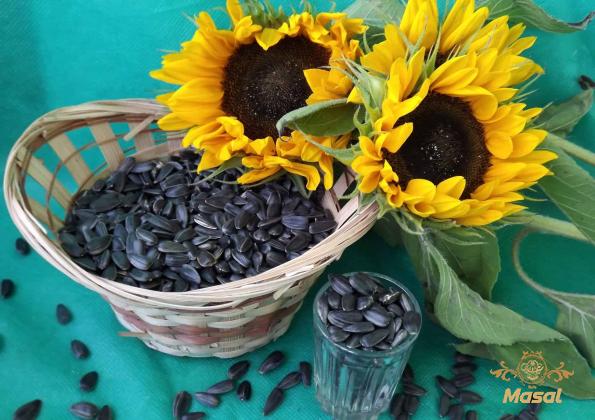
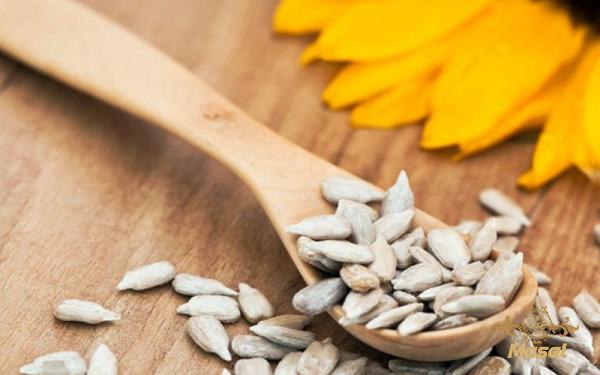
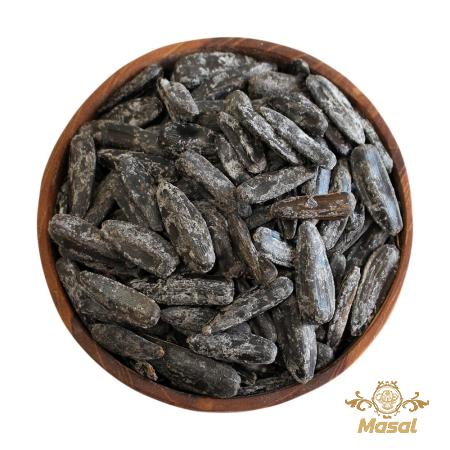
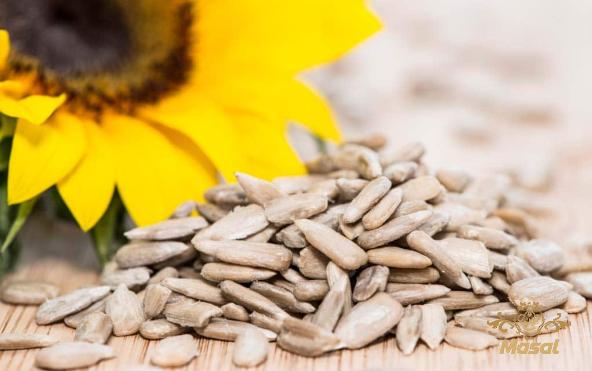
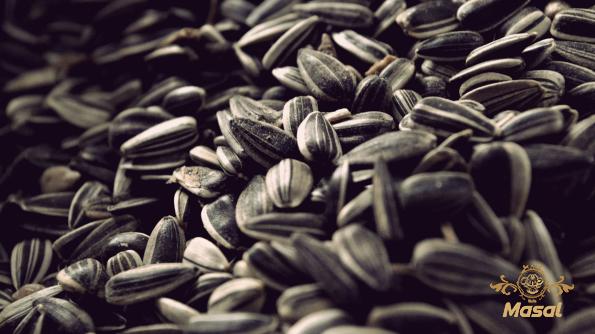


Your comment submitted.